On a stroll through Devon’s woodlands right now, you may spot shaggy inkcaps pushing through the grass, clouded funnels gathering in clusters, the red and white caps of fly agarics, or the bright jewel-like purple fruitbodies of the amethyst deceiver. These magical fungi appear in Autumn because hidden below ground, a vast network of fungal threads (called mycelium) works tirelessly to capture and recycle fallen leaves, branches and organic debris.
The charismatic fungi that we so readily see are only a fraction of a vast Kingdom of life that is still largely unexplored. Globally, scientists estimate there are between 2.2 and 6.3 million species of fungi, but only a small number have been formally described. Here in the UK, around 18,000 larger species are known, making fungi one of our most diverse groups of organisms. The fungi range in size from tiny single-celled yeasts to the mighty honey fungus, considered by some to be the largest living organism.
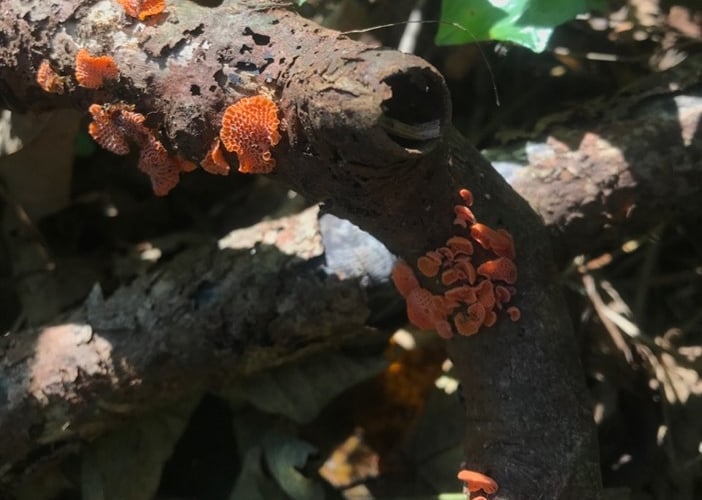
Without fungi, life as we know it would grind to a halt: they enable plants to absorb water and nutrients, drive global carbon cycles, and provide us with bread, beer, wine, and life-saving medicines such as statins and antibiotics. Their global economic contribution is thought to be worth around £35 trillion each year.
Devon, with its temperate rainforests, ancient woodlands and waxcap-rich grasslands, is a hotspot for fungi and lichens (that are also fungi!). More than 33,000 records of local species have already been logged on the iNaturalist app, showing just how diverse our county’s fungal life really is.
This year, the British Mycological Society invites everyone to celebrate the hidden kingdom on UK Fungus Day (October 4 ). Across the country and online, many events will highlight the hidden wonders of fungi, and here in Devon you can join in too.
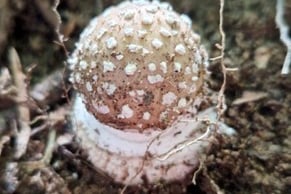
A special “Find-a-Fungus” scavenger hunt on the iNaturalist app challenges you to spot and record 20 common fungi species. Most are easy to find and identify, making this a fun activity for families, walkers and naturalists alike. Excitingly, the list also includes two rare species: the delicate violet coral, a native species of conservation concern, and the striking orange ping-pong bat fungus, an invasive arrival. By helping map these species, you’ll be contributing valuable data to scientists working to protect Devon’s biodiversity.
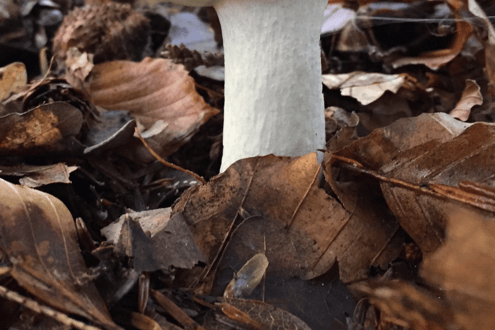
For those keen to learn more, expert-led fungal forays are being held across the South West. In Devon, you can join a guided walk run by the Devon Fungus Group at Decoy Country Park, Newton Abbot on Sunday 5 October from 10:30 am. Further afield, the National Trust is also hosting events at Trelissick and Lanhydrock – see the www.ukfungusday.co.uk website for details.
So this autumn, why not swap your usual walk for a fungal adventure? With so much to discover, from the common to the extraordinary, UK Fungus Day is the perfect chance to see Devon’s hidden kingdom in a whole new light.
Professor Mark Ramsdale - Fungal Education and Outreach, British Mycological Society
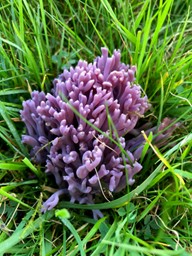
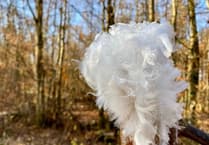

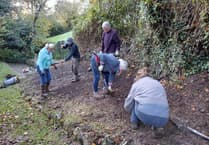
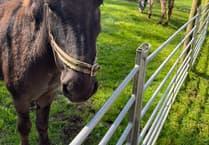
Comments
This article has no comments yet. Be the first to leave a comment.